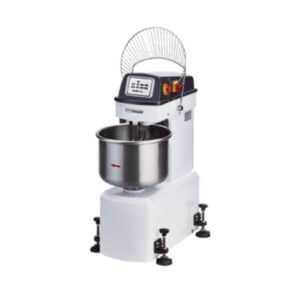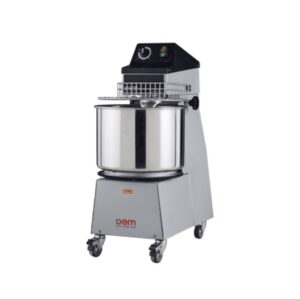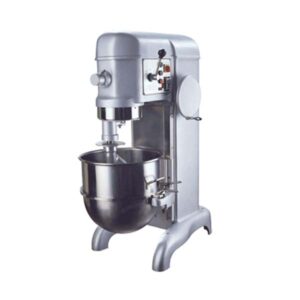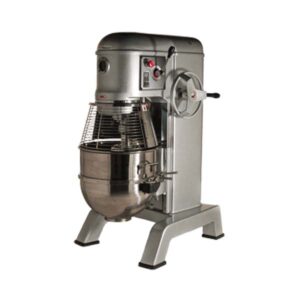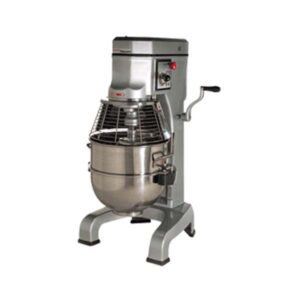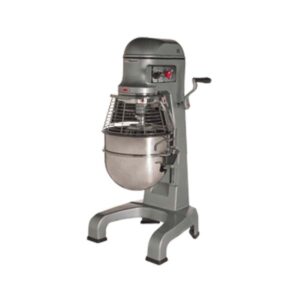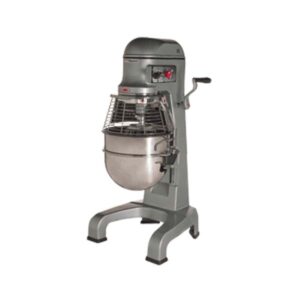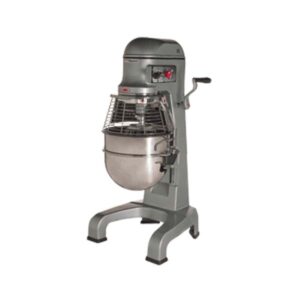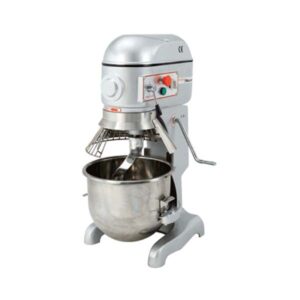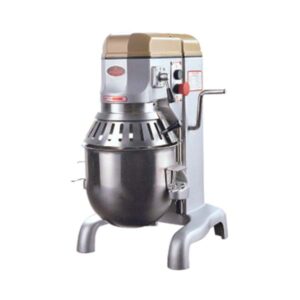-
- Back
-
Commercial Kitchen Equipment
- Asian Cooking Equipment
- Char Grills
- Combi Ovens
- Convection Ovens
- Cooktops & Ranges
- Deep Fryers & Oil Filters
- Griddles & Flatplates
- Pasta Cookers
- View all
-
Popular Brands
-
Promotions
-
Refrigeration
- Fridges
- Freezers
- Food Preparation Fridges
- Fridge Freezer Combination
- Blast Chiller & Freezer
- View all
-
Popular Brands
-
Promotions
-
Benchtop Cooking Equipment
- Toasters
- Commercial Microwaves
- Crepe & Waffle Makers
- Rice Cookers
- Sandwich Presses
- Smoke Ovens
- Sous Vide Machines
- Soup Kettle
- View all
-
Popular Brands
-
Promotions
-
Beverage & Drink Equipment
-
Popular Brands
-
Promotions
-
-
Dishwashers & Glasswashers
- Glasswashers
- Passthrough Dishwashers
- Undercounter Dishwashers
- Pot Washers
- Conveyor Dishwashers
- View all
-
Popular Brands
-
Promotions
-
Food Preparation Equipment
- Blenders
- Dough Dividers & Rollers
- Food Processors
- Mixers
- Scales
- Slicers
- Vacuum Sealers
- Vegetable Prep Machines
- View all
-
Popular Brands
-
Promotions
-
Ice Makers
-
Popular Brands
-
Promotions
-
-
Stainless Steel Benches & Sinks
- Dishwasher Benches
- Glass Racks
- Hand Basins
- Infill Benches
- Modular Bars
- Sink Benches
- Work Benches
- Wall Shelves
- View all
-
Popular Brands
-
Promotions
- View all categories
Mixers
Showing 21–30 of 32 results
- Add to Compare
- Add to Compare
- Add to Compare
- Add to Compare
- Add to Compare
- Add to Compare
- Add to Compare
- Add to Compare
- Add to Compare
- Add to Compare
FAQs
A commercial mixer is built for serious, everyday use in a busy kitchen. It has a stronger motor, a sturdier frame, and a much bigger bowl than a household mixer. It can run longer, handle thicker doughs, and manage large batches without struggling. A home mixer is great for occasional use, but it simply cannot keep up with the demands of a commercial environment.
There are a few main types.
- Planetary mixers are the all rounders and can handle most mixing tasks.
- Spiral mixers are designed specifically for dough and are perfect for bakeries and pizzerias.
- Stand mixers and floor stand mixers suit large volume production.
- Countertop mixers are smaller and great for cafés with limited space.
- Cooking mixers can heat and mix at the same time, which is handy for sauces, custards, and fillings.
Start by thinking about what you mix the most. If you make a lot of bread or pizza dough, a spiral mixer is your best friend. If you do a bit of everything, a planetary mixer gives you the most flexibility. You should also consider batch size, how often you will use the mixer, and how much space you have in your kitchen.
A planetary mixer moves the attachment around the bowl, which makes it great for whipping, beating, mixing, and general tasks.
A spiral mixer rotates both the bowl and the hook at the same time. This creates a gentle, consistent kneading action that is ideal for dough. If dough is your main product, the spiral mixer gives much better results.
It depends on your volume. Small cafés usually work well with a 5 to 12 litre mixer. Medium kitchens often choose 20 to 30 litres. Busy bakeries and pizzerias tend to go for 40 to 60 litres or more. A good tip is to choose a mixer slightly larger than your usual batch size so you are not overfilling the bowl.
Look for a mixer with a bowl guard, an emergency stop button, overload protection, and a safety interlock that stops the mixer if the guard is open. These features protect your staff and help keep your kitchen running safely.
It depends on the model. Some mixers let you change speeds during operation, which is convenient, while others need to be stopped first. It is always worth checking the manufacturer’s guidelines to avoid damaging the gears.
Yes, they are designed for it. Just make sure you are following the recommended duty cycles and not overloading the bowl. A well maintained commercial mixer can run consistently all day.
Most kitchens use three main attachments:
- A wire whisk for light, airy mixtures.
- A flat beater for standard batters, fillings, and creams.
- A dough hook for heavy doughs.
- Many mixers can also be fitted with optional attachments for pastry, grinding, slicing, and more.
After each use, remove the attachments, wash the bowl, and give the machine a good wipe down with a damp cloth. Avoid getting water inside the motor housing. Regular servicing, keeping the gears lubricated, and checking belts will keep your mixer running smoothly.
If you hear unusual noises, smell burning, notice inconsistent speeds, or see the mixer struggling with loads it normally handles, it is a sign to get it checked. It is better to service early than wait for a breakdown.
Yes, many can. You can often add attachments, swap bowl sizes, upgrade control panels, or add timers and scraper tools. It all depends on the brand and model.
There are endless uses.
- Bakeries use them for bread dough, pastries, brioche, and fillings.
- Pizzerias rely on them for pizza dough and focaccia.
- Restaurants use them for sauces, mashed potatoes, desserts, and emulsions.
- Cafés use them for cake batters, frosting, cookie dough, and more.
- Catering kitchens use them for bulk mixing of salad components, desserts, and savoury fillings.
A spiral mixer produces the most consistent pizza dough because it mixes gently and keeps the dough cool, which helps with gluten development and fermentation.
A planetary mixer is the best all round choice. It can handle everything from whipping cream to mixing batter to kneading dough, so it is ideal for most restaurants and cafés.
Belt drives are quieter and cheaper to repair, but they can slip under very heavy loads. Gear drives are extremely powerful and great for dense dough, but they tend to be louder and cost more to repair. Choose the style that matches your workload.
With proper cleaning and servicing, a good commercial mixer can last many years, even in a high volume kitchen. Investing in a strong brand usually pays off in long term reliability.
They can if overloaded or used continuously beyond the recommended duty cycle. Many models have thermal protection that automatically shuts off the motor to prevent damage.
Not necessarily. Most modern commercial mixers are designed with easy to clean, removable parts. The main thing is to avoid spraying water near electrical components.





















